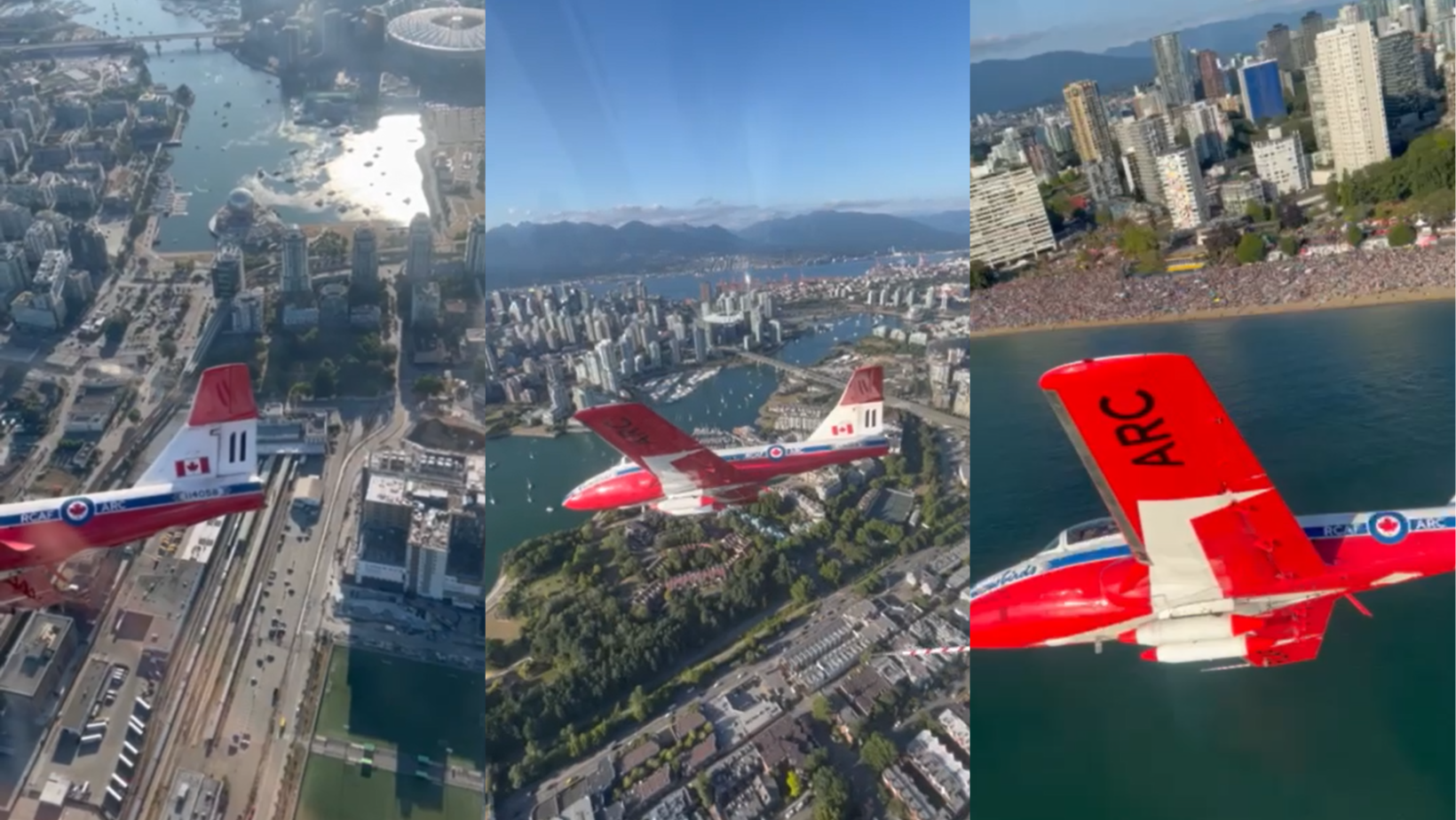Vancouver’s Seasonal Sojourners
As winter casts its long shadow over the shores of the Pacific, a unique phenomenon unfolds in Vancouver. Every year, thousands of Canadians, many of them retirees, trade in their wool sweaters for shorts and sun hats, embarking on a quest for warmth. These ‘snowbirds’ are not merely escaping the chill; they represent a significant aspect of Canadian culture and an economy in transition.
The Allure of Sunshine
A survey by the Canadian Institute of Travel Studies revealed that nearly 50% of Canadian retirees head south during the colder months, with popular destinations including Florida, Arizona, and California. For these snowbirds, the allure is both tangible and intangible. The freedom of retirement combines with the longing for sunshine, creating the perfect storm for migration. One Vancouver snowbird, Margaret Lawson, 68, expressed her feelings: ‘Every time winter creeps in, I can’t help but dream about my days by the beach in Florida. It’s not just about escaping the cold; it’s about connection and community.’
Economic Ripple Effects
The snowbird trend extends far beyond personal preferences; it has significant economic implications both in Canada and the U.S. The annual spending of snowbirds pumps millions into local economies where they settle temporarily. Just in Florida, snowbird spending is estimated to contribute around $3 billion annually from Canadian retirees alone. Vancouver’s economy feels the impact of this exodus as well; with fewer locals around, seasonal businesses must adapt their practices to cater to the dwindling population during winter months.
A Changing Landscape
However, not everyone views the snowbird trend positively. Local policymakers and economists have begun to raise concerns about housing shortages and rising rents in urban areas like Vancouver. As more residents seek affordable housing, some worry that the seasonal migration is exacerbating housing instability, impacting not just the availability but also the affordability of homes. Critics argue that this migration pattern creates a cycle where young families struggle to find homes in a city that becomes more dominated by transient residents.
Social Media Sentiments
On platforms like Twitter and Instagram, the discussion around snowbirds has been mixed. Hashtags such as #SnowbirdsVancouver have gained traction, with many sharing heartfelt memories of travels and sunny escapades, while others voice frustrations over the pressures on local housing and resources. A tweet from user @VanLifeLife hit home: ‘It’s great that snowbirds can enjoy the sunshine, but what does that mean for the rest of us trying to live here year-round?’
A Place for Both?
As we move forward, the question arises: can Vancouver remain a thriving city for both snowbirds and full-time residents? Discussions around balancing the needs of seasonal visitors with those of permanent residents are more crucial than ever. Recognizing the human stories behind the statistics is key to finding a harmonious path that sustains both the charm of being a snowbird-friendly city and the affordability for its year-round inhabitants.
